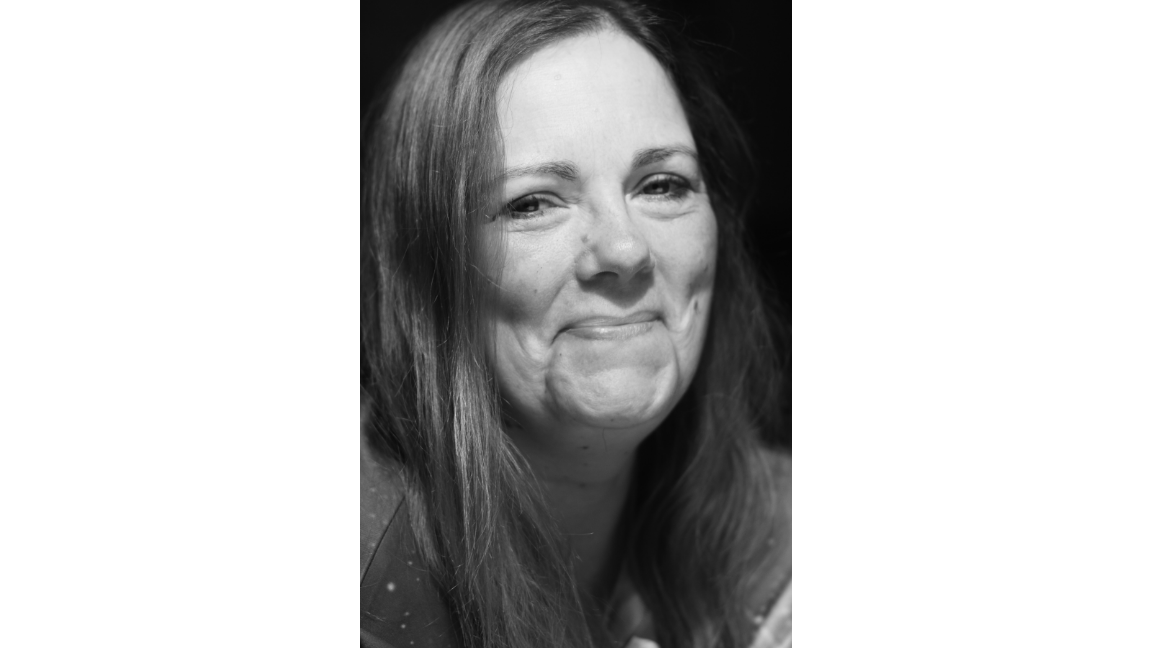Developing skills through knowledge exchange: Dr Anke Brüning-Richardson
In this Q&A, Dr Anke Brüning-Richardson, Senior Lecturer at the University of Huddersfield, discusses how she used our training and mentoring opportunities to help develop her communication skills outside of academia.
Project summary: I believe that CCN1 could be a powerful marker of tumour recurrence that is traceable by a simple blood test. I want to test this by using patient samples such as tumour tissue and blood samples. I eventually want to create a blood test that can be used by a GP, or during routine hospital check-ups to detect recurring tumours early before they become too difficult to treat. Ultimately it could improve patient life expectancy as well as quality of life.
Collaborators: University of Leeds, NHS trusts, Avacta
Q. How have you found working with co-development partners and what benefits has it brought to your technology?
Working with our co-development partners in the NHS has been invaluable: we have gained access to valuable samples unavailable to us in academia; insider knowledge; and access to potential clinical trials. I have also improved my communication skills, meaning I can now more effectively communicate with those outside of academia.
Working with our academic partners in Leeds has also been hugely valuable as we have access to academic knowledge over more than one institution meaning the time to develop a real world prototype rather than theoretical concept has been dramatically reduced.
Having access to our industrial partner Avacta decreases the time to commercialisation as well as providing an opportunity to further improve communication skills to commercial organisations.
Q. Where was your career and project when Grow Medtech got involved?
I feel like I was at the right time of my career to embark in commercialisation. I felt that, in previous institutions there was limited support and some opportunities for translating my work were lost. Grow MedTech really has helped to kick start the commercialisation of my research.
Q. How did Grow MedTech and Translate MedTech help?
Through applying for a PoM and a PoF, I have received invaluable guidance and mentoring from the TIMs. This has improved my commercialisation knowledge and helped me gain experience in a different writing style. This has been further improved by attending various Grow MedTech and Translate training courses, which has cemented this knowledge.
I also attended and presented at the Dragons Den event. Even though I did not receive the award, the feedback and questions from the panel gave me the confidence to answer questions outside of the academic arena.
I was successfully awarded a Translate secondment to travel to Harvard University in America to work with Dr Sean Lawler. Unfortunately, due to COVID travel restrictions, I have so far been unable to go.
Q. What innovation and KE skills have you developed during your project?
As I already mentioned, improving effective communication to outside organisations, gaining insight by attending courses in commercialisation and patenting academic works – improving pitching skills, learning how to adopt a particular terminology and communicate with commercial and Clinical fields – this is very different to academia.
Q. What is the most unique or interesting thing about this project?
Our technology is truly unique – nothing like this test is available and it could prove genuinely life changing for people with recurring brain tumours. Linking up with University of Leeds and working with Affimer technology make our work very novel. This work has the potential to make a huge difference to patient’s life – improving life expectancy and patient experience considerably.
Q. How did you first get involved in your specialist area? What sparked the idea?
I worked on biomarkers before brain tumours – specifically ovarian and colorectal cancers. I trained in parasitology and did my PhD in parasitic diagnostics– but struggled to find jobs in the field (I made own diagnostics!) I eventually got a job at the Pirbright Institute where I developed a diagnostic for Rindepest and helped in the world wide eradication of the virus. Finally I contacted an old lecturer and got a job at University of Leeds.
Q. What inspires you?
Research, discovering something new –it is a privilege to have a job where you learn something new every day and then use it to change peoples’ (or animals’) lives – I want to see application in the real world, and develop diagnostics and treatments to change lives.
Q. What impact do you hope your work will have on the world?
With the Grow MedTech funded blood test, I hope that it will make a genuine difference. I have talked to patients to find out about their experiences and that has made me want to help patients and their relatives to help prolong patients’ lives. If research can help out, then that’s what I hope to achieve – it can be done and I’m really hopeful!

